![Cars and motorcycles pass by a billboard featuring a picture of Iranian Supreme Leader Ayatollah Ali Khamenei at Valiasr Square in Tehran, Iran, Monday. (EPA-Yonhap)]](https://contents-cdn.viewus.co.kr/image/2025/07/CP-2023-0309/30648636.jpg) TEHRAN, Iran (AFP) — Iran declared on Monday that it would not participate in new nuclear talks with the United States if such discussions were contingent upon Tehran abandoning its uranium enrichment activities.
TEHRAN, Iran (AFP) — Iran declared on Monday that it would not participate in new nuclear talks with the United States if such discussions were contingent upon Tehran abandoning its uranium enrichment activities.
In the aftermath of the hostilities, both Iran and the US have signaled their willingness to return to the negotiating table. Nevertheless, Tehran has maintained that it will not relinquish its right to the peaceful use of nuclear energy.
Ali Velayati, an adviser to Supreme Leader Ayatollah Ali Khamenei, told the state news agency IRNA, “If the negotiations are conditioned on halting enrichment, such negotiations will not take place.”
These remarks followed a statement from Foreign Ministry spokesperson Esmaeil Baqaei, who confirmed that Iran had not set a date for any meeting with the US.
“At present, no specific date, time, or location has been determined regarding this matter,” Baqaei said, referring to plans for a meeting between Iran’s top diplomat Abbas Araghchi and US envoy Steve Witkoff.
Araghchi and Witkoff had previously failed to reach an agreement after five rounds of talks that began in April. These discussions represented the highest-level contact between the two countries since Washington withdrew from a landmark nuclear agreement in 2018.
The Omani-mediated negotiations were suspended when Israel launched its surprise attack on Iranian nuclear and military facilities on June 13. The United States later joined its ally in conducting limited strikes.
“We have been serious in our diplomatic efforts and approached the negotiation process in good faith,” Baqaei stated. “However, as everyone witnessed, before the sixth round, the Zionist regime, in coordination with the United States, committed military aggression against Iran.”
Iranian President Masoud Pezeshkian affirmed in a statement on Monday that Iran supports diplomacy and constructive engagement.
“We continue to believe that the window for diplomacy remains open, and we will earnestly pursue this peaceful path.” Israel and Western nations accuse Iran of pursuing nuclear weapons, a charge Tehran has consistently denied.
While Iran is the only non-nuclear weapons state to enrich uranium to 60-percent purity — approaching the level required for a warhead — the UN’s atomic energy watchdog has reported no indication that Iran is attempting to weaponize its stockpiles.
Israel’s offensive, which it claimed was aimed at thwarting a nuclear threat from the Islamic republic, resulted in the deaths of nuclear scientists and high-ranking military officers, but also impacted residential areas.
The United States conducted its own series of strikes on June 22, targeting Iran’s uranium enrichment facility at Fordo in Qom province south of Tehran, as well as nuclear sites in Isfahan and Natanz.
In response, Iran launched missile and drone attacks on Israeli cities and struck a US base in Qatar in retaliation for Washington’s actions.
The full extent of the damage to Iran’s nuclear program remains unclear, with Baqaei stating that it is still under investigation.
In his latest statement, Pezeshkian warned of “an even more crushing retaliation” to any new aggression against Iranian territory.
Baqaei confirmed on Monday that Iran remains in contact with Britain, France, and Germany, the three European parties to the 2015 nuclear deal from which the US later withdrew.
The European nations have threatened to trigger the deal’s snapback mechanism, which would allow for the reimposition of UN sanctions in the event of non-compliance.
Baqaei indicated that Tehran maintains continuous contact with these three countries but could not provide a specific date for the next meeting.
He asserted that there is “no legal, moral, or political basis” for reimposing sanctions, as Iran remains committed to the 2015 agreement.
Baqaei added that such a move would be met with “an appropriate and proportionate response,” following Iranian threats to withdraw from the global nuclear non-proliferation treaty.
After the United States withdrew from the 2015 deal with Iran during Donald Trump’s presidency, Tehran began rolling back its commitments to the agreement, which had restricted its nuclear activities in exchange for sanctions relief.
“The Islamic Republic of Iran still considers itself a member of the JCPOA,” Baqaei stated, referring to the 2015 deal.


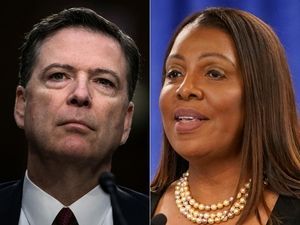
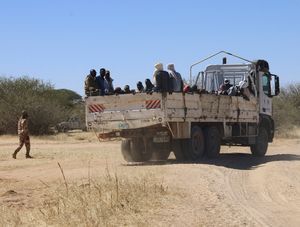
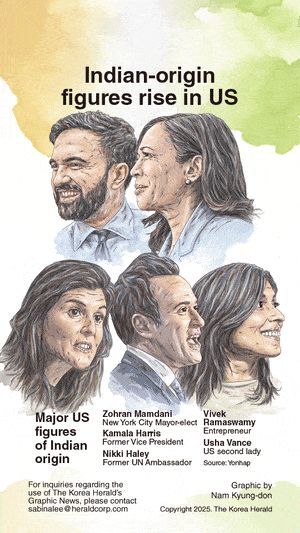
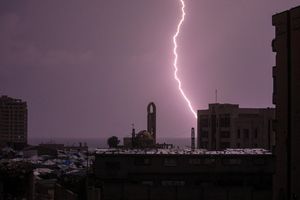
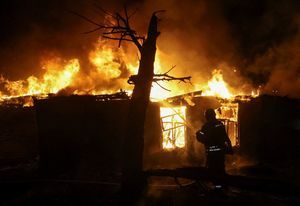
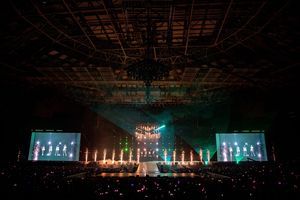


Most Commented